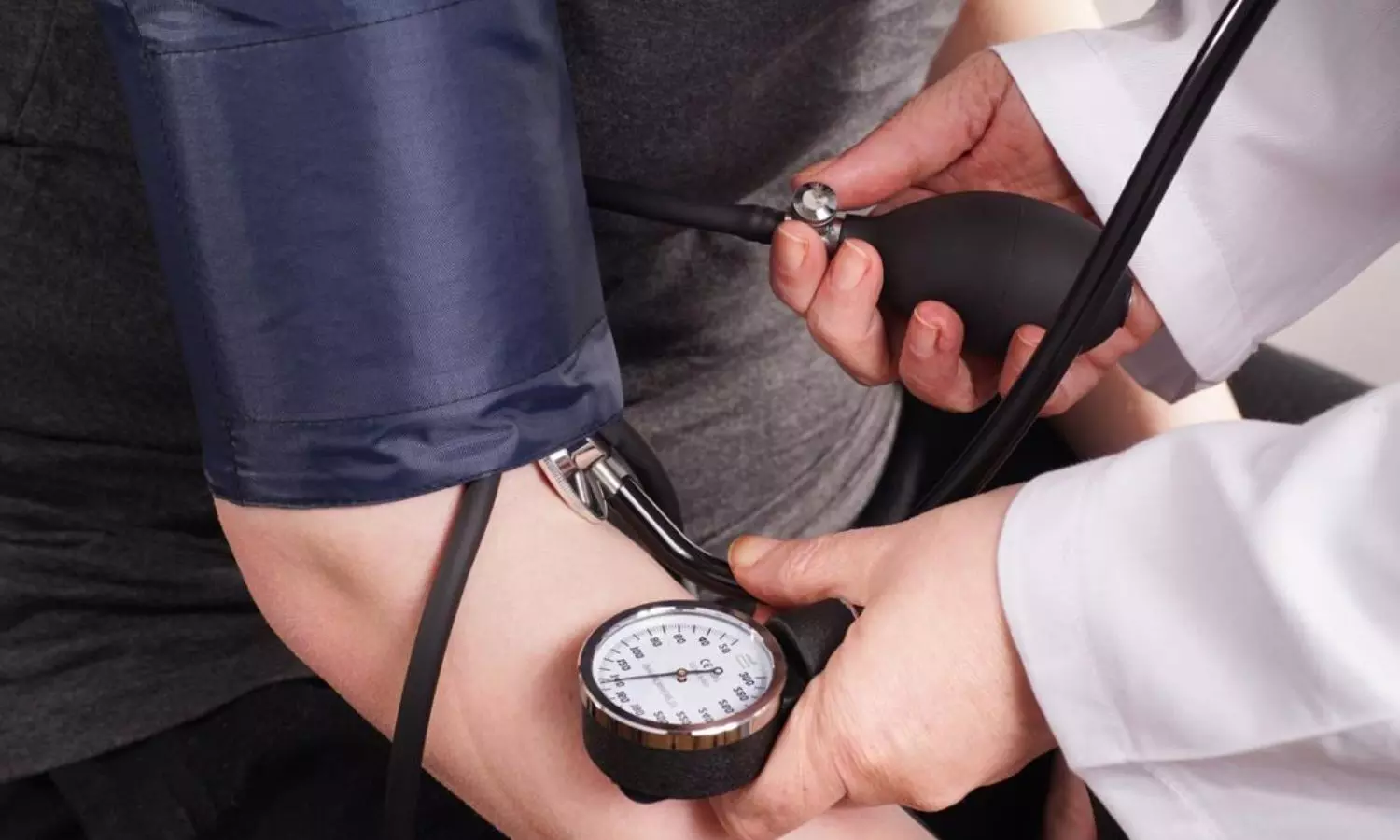Bedtime Dosing for Blood Pressure Drugs confers no added advantage: JAMA

Researchers have found in a Canadian randomized trial comparing morning and bedtime administration of blood pressure medications that there was no significant difference in cardiovascular outcomes. This held true both in primary care settings and in a related nursing home study. The results highlight that consistent medication adherence is more crucial than the timing of administration. This study published in JAMA was conducted by Scott R. and colleagues.
Hypertension is a potent risk factor for cardiovascular disease, including stroke, acute coronary syndrome, and heart failure. The literature has reported improved cardiovascular outcomes from nighttime control of blood pressure but with inconclusive evidence. In this study, the goal was to provide evidence regarding whether bedtime administration of antihypertensive agents reduces cardiovascular risk and safety outcomes.
This was a 3,357-person trial among hypertensive adults (56.4% female; median age, 67 years) that included recruitment via 436 Canadian province-based primary care clinicians. All participants were randomized in a 1:1 fashion to ingest all antihypertensive once-daily medications at bedtime (n = 1,677 in intervention group) or in the morning (n = 1,680 in control group).
Participants were older adults with hypertension who were on at least one once-daily antihypertensive drug. The major outcome was the time to initial event of all-cause mortality or hospital/emergency department (ED) visit for stroke, acute coronary syndrome, or heart failure. Secondary outcomes were unplanned all-cause hospitalizations/ED visits, and visual, cognitive, and fall- and/or fracture-related safety endpoints.
Key Findings
-
The rate of the primary outcome event was 2.3 per 100 patient-years in the bedtime group and 2.4 per 100 patient-years in the morning group (adjusted hazard ratio, 0.96; 95% CI, 0.77–1.19; P =.70).
-
There were no significant differences between the two groups for individual components of the primary outcome (stroke, acute coronary syndrome, heart failure).
-
Safety outcomes such as falls, fractures, glaucoma diagnosis, and 18-month cognitive impairment were not different between groups.
This large clinical trial showed that evening dosing of antihypertensive drugs did not decrease cardiovascular risk in comparison to morning dosing. Medication timing should be driven by patient preference rather than hopes for cardiovascular advantage.
Reference:
Garrison SR, Bakal JA, Kolber MR, et al. Antihypertensive Medication Timing and Cardiovascular Events and Death: The BedMed Randomized Clinical Trial. JAMA. Published online May 12, 2025. doi:10.1001/jama.2025.4390
